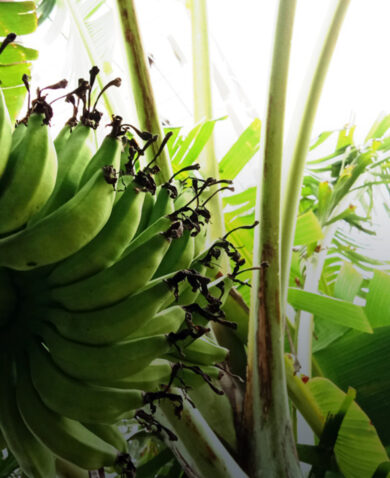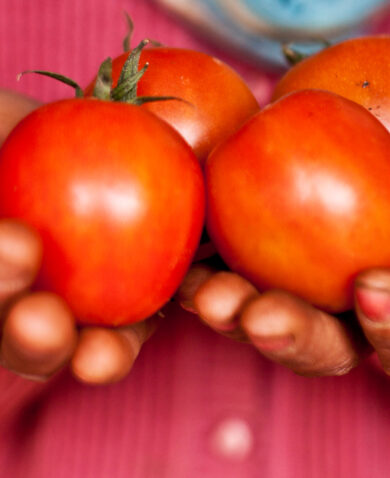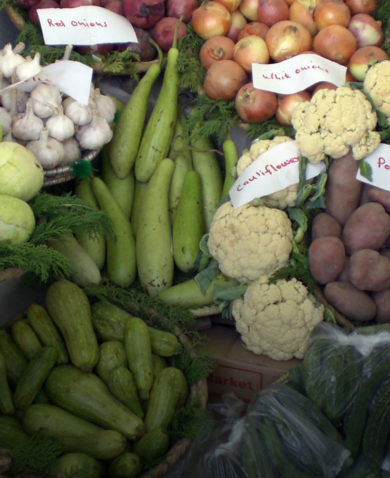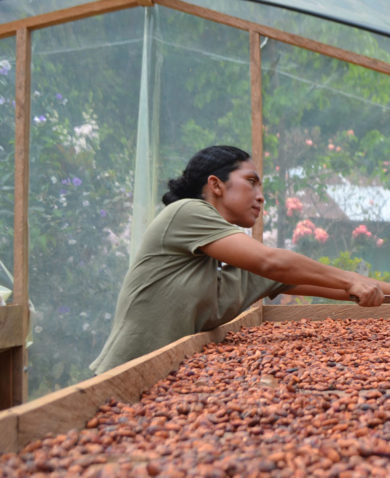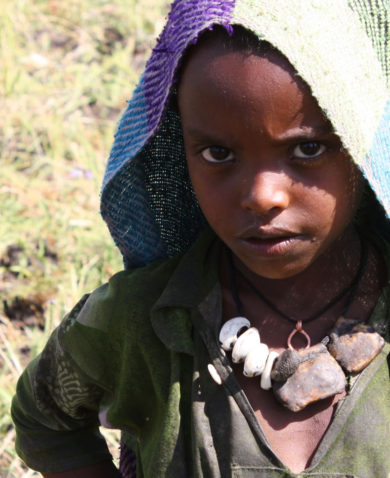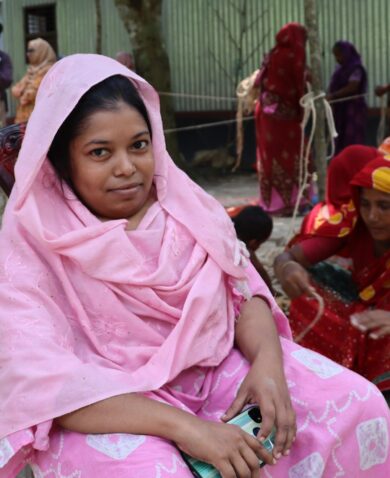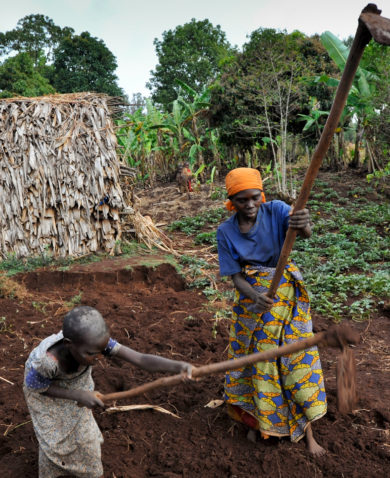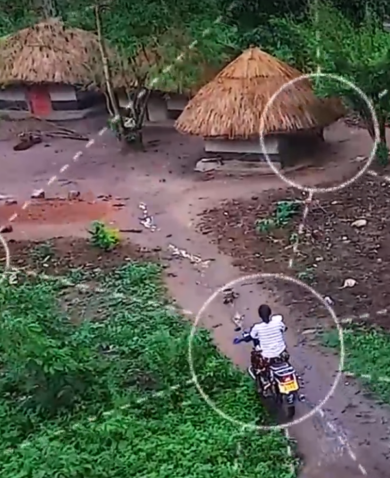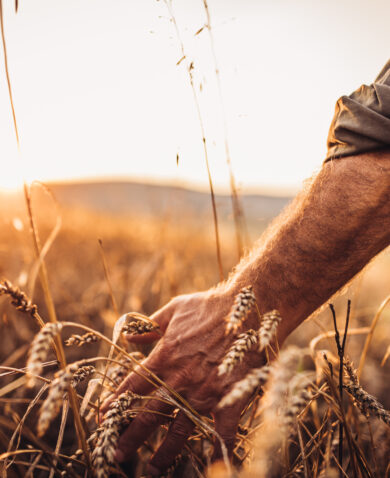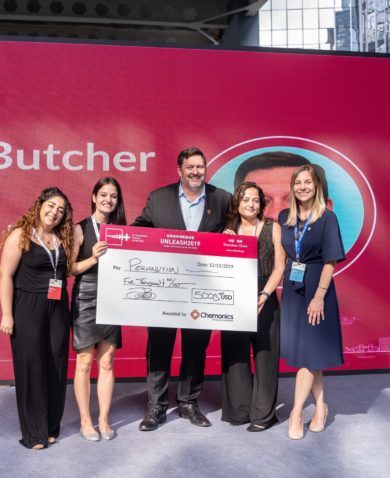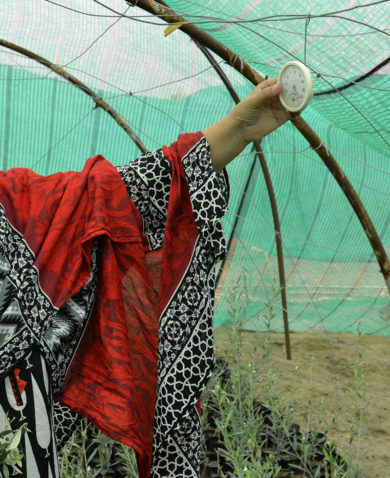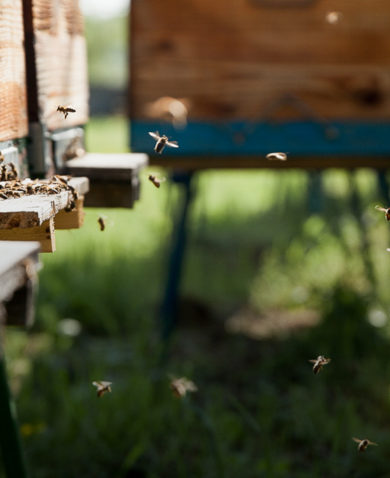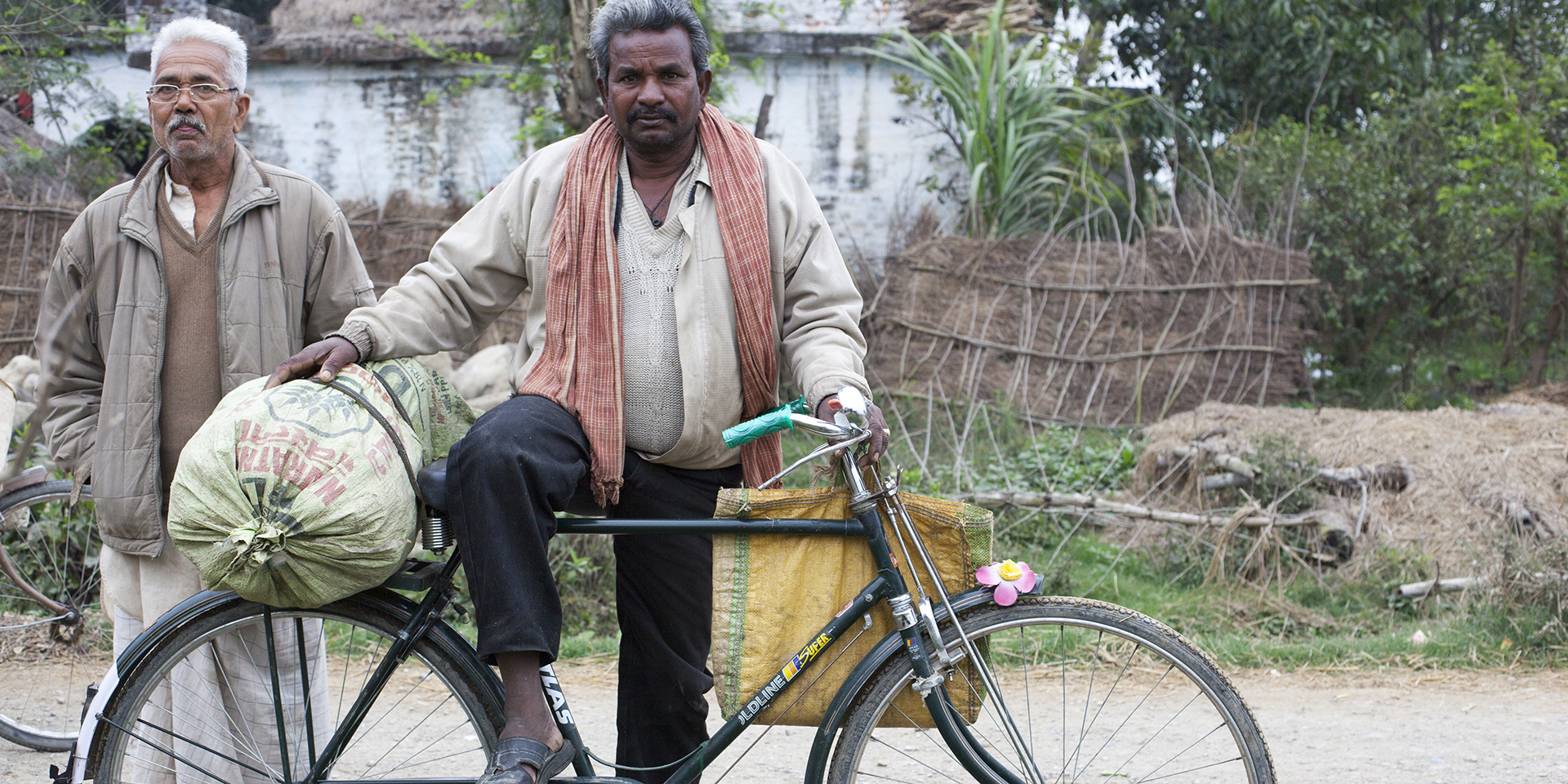
Know Your SDGs: The Role of Sustainable Agriculture in Ending Hunger and Achieving Food Security
August 7, 2015 | 3 Minute ReadProposed Sustainable Development Goal 2 explicitly addresses hunger, food security, and — for the first time — sustainable agriculture.
September marks a key step in global development’s future. U.N. member states will convene the Sustainable Development Summit this September to adopt the Sustainable Development Goals (SDGs) — a set of 17 newly proposed goals to guide the global development community in improving the lives of the poor and eradicating poverty. The SDGs expand on and refine the Millennium Development Goals (MDGs), a set of eight guidelines adopted in 2000 to reduce extreme poverty by 2015. The new SDGs will take on the challenge of solving chronic poverty and advancing global development in an integrated fashion.
Proposed Goal 2 — “End hunger, achieve food security and improved nutrition, and promote sustainable agriculture” — explicitly addresses hunger, food security, and, for the first time, sustainable agriculture.
This direct focus on sustainable agriculture represents an important advance. When the development community established the MDGs in 2000, the global population that it sought to impact lived largely in poor rural areas — areas where better agriculture could lead to immediate gains in household income and, subsequently, improved food security and overall welfare. However, the MDGs did not address sustainable agriculture explicitly, and this proved a considerable omission.
Evaluations of the MDGs called attention to this oversight. After studying the MDGs progress and shortcomings, a high-level panel of civil society, private sector, and government leaders appointed by U.N. Secretary-General Ban Ki-moon released its recommendations for a post-2015 development agenda in May 2013. Sustainable agriculture featured prominently in the panel’s report, including a call for intensified efforts in this area and a clear mention of the relationship between food security, sustainable agriculture, and technology.
Members of the panel wrote:
“Food security is not just about getting everyone enough nutritious food. It is also about access, ending waste, moving toward sustainable, efficient production and consumption. The world will need about 50 percent more food by 2030; to produce enough food sustainably is a global challenge. Irrigation and other investments in agriculture and rural development can help millions, and build pathways to sustainable future growth.”
The panel’s report also noted that, “agricultural investments reduce poverty more than investments in any other sector,” and that a greater focus on agricultural policies and research was necessary to counteract “many years [of] neglect.”
The hope is that Goal 2 will reinvigorate this process of investing in agriculture for global development.
With its enhanced attention to both food security and sustainable agriculture, Goal 2 brings a multifaceted approach — a focus on multidimensional solutions addressing scientific, economic, cultural, and logistical aspects of food security and agriculture challenges. Goal 2 also has eight sub-goals, giving a broad plan more defined targets including ending hunger and malnutrition, in particular amongst vulnerable groups; ensuring resilient agricultural systems that increase productivity and respond adaptively to climate change; and improving agricultural markets with increased rural infrastructure, technological advances, and better market performance for small-scale food producers like women, family farmers, and indigenous groups.
Chemonics current work in agricultural projects like the Feed the Future Haiti Chanje Lavi Plantè project (“Changing Lives” in Haitian Creole) and the Uganda Commodity Production and Marketing Activity puts into practice crosscutting methods similar to those that Goal 2 aims to promote.
In Haiti, Chemonics is partnering with USAID to support Haitian farmers and institutions in advancing food and economic security. Focusing on integrated agricultural value chains and natural resource management, Chanje Lavi Plantè is establishing sustainable, locally appropriate farming strategies like hillside greenhouses and improved seed that enable farmers to increase their crop yields and use land and water more efficiently. The project will also promote terracing and strategic plantings of vetiver and other grasses to preserve soil and prevent erosion.
In Uganda, Chemonics is taking a fresh approach to boosting production and marketing of maize, coffee, and beans. Poor distribution networks and non-functional extension services have contributed to low productivity and market failures in Uganda’s agricultural sector. Chemonics has pioneered an approach to promote long-term growth — facilitating improved value chain function by targeting the often-maligned “middlemen.” These traders, and their village agent networks, are crucial to the coffee, bean, and maize value chains. In engaging with the middle of the chain to extend improved inputs and increase productivity sustainably, Chemonics and its Ugandan counterparts are also improving relationships among different actors in the agricultural value chain; this provides a foundation for more durable agriculture markets for the future.
As the new SDGs come into force, Chemonics intends to contribute its lessons learned from villages, farms, and greenhouses across the globe to the work of ending hunger, achieving food security and improved nutrition, and promoting sustainable agriculture.
Goal 2 is lofty and ambitious. But as an international development firm that got its start in agricultural development, it’s a goal that we are committed to helping achieve over the next 15 years.
Curious about the SDGs and post-2015 development agenda? Watch this space. “Know Your SDGs” is a recurring weekly blog series digging into the goals in the lead-up to the United Nations General Assembly and post-2015 development summit this September.







